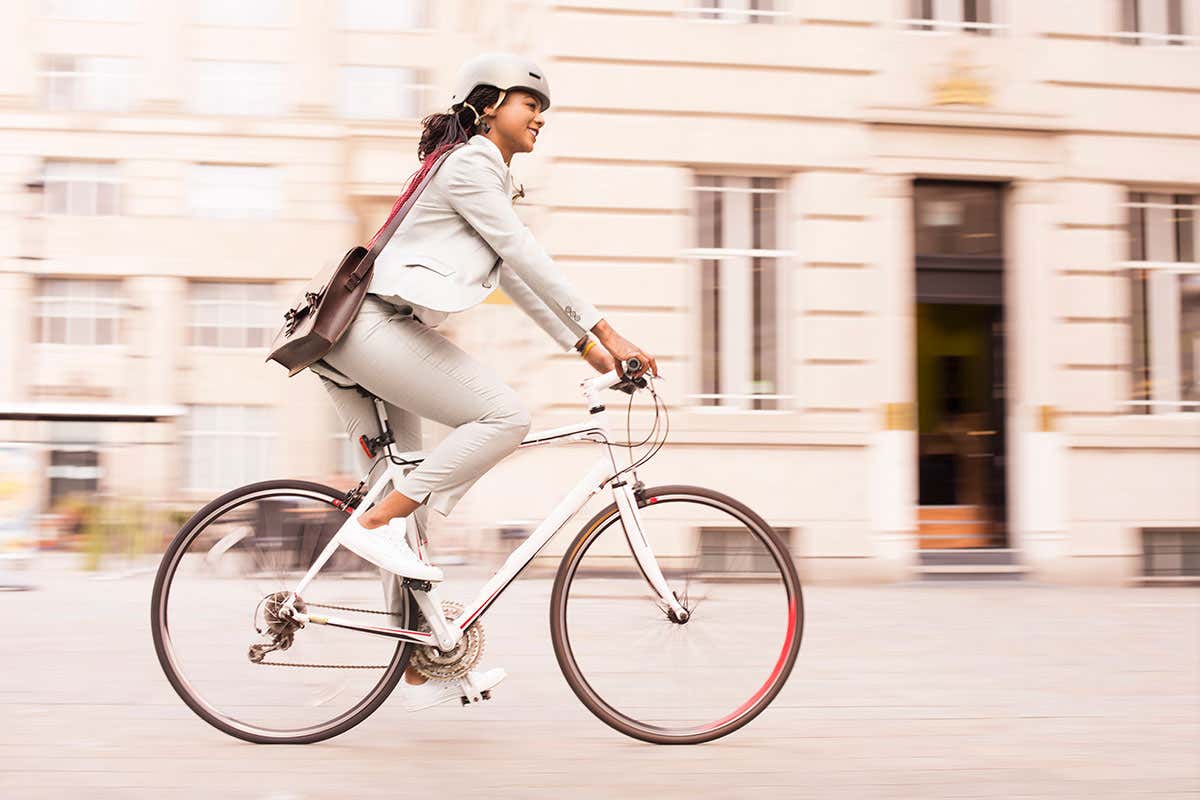The new study, which looked at outcomes over 10 years, shows those fears aren’t unreasonable – commuting by bike is associated with an increased risk of admission to hospital for injury, with 7 per cent of cyclists experiencing such an injury compared to 4.3 per cent of non-cyclists. Squint a bit, and you can turn that into the “50 per cent more likely” figure mentioned above.
But Paul Welsh at the University of Glasgow in the UK, who led the study and who cycles himself, says the risk of death from cycling injury is vanishingly small. In fact, it is far outweighed by the decreased risk of death that comes from the increased physical activity and lower BMI of cyclists. “The data are still very much in favour of cycling for those who are capable of doing so,” says Welsh.
Cyclists have a far lower risk of cardiovascular disease, cancer and death compared with people who drive, take public transport or walk to work – a finding supported by this and previous studies. If an extra 1000 people took up cycling for 10 years, we would expect to see 15 fewer cancers, four fewer heart attacks or strokes and three fewer deaths in that group.
Sometimes, people online and in real life ask why I complain about unsafe or lacking bicycle infrastructure but continue to put myself at risk by cycling. Is it worth it? Yes it is. Even from the perspective of self-preservation, cycling is safer than driving. I’d just like it to be even safer, and make it so that more people can benefit.


I get the sense that in the wake of a collision, it’s uncouth to suggest a cyclist victim broke the road rules in the circumstances of their accident; so if you have fears of being hit by an SUV during your commute, you probably help your odds quite a bit just by stopping at red lights.
It’s uncouth partially because it’s simply not as likely that the cyclist broke the rules.
But also, even if a cyclist did break some road rules, they should be allowed to sometimes. This is like “jaywalking”, which doesn’t really exist outside North America. When a cyclist makes a mistake, people don’t usually die, receive life ruining injuries, or suffer significant property damage. In fact, many places allow cyclists to treat stop signs as yield signs precisely because it’s actually safer if cyclists have some leeway to make their own decisions.
Road rules are mostly to protect everyone from cars. Cars make streets dangerous, and it’s misleading to shift the blame to cyclists.